Collapsed grocery delivery company Voly spent $13m in 12 months
An Australian company that collapsed owing 300 creditors almost $18 million spent an enormous amount of cash before its demise.
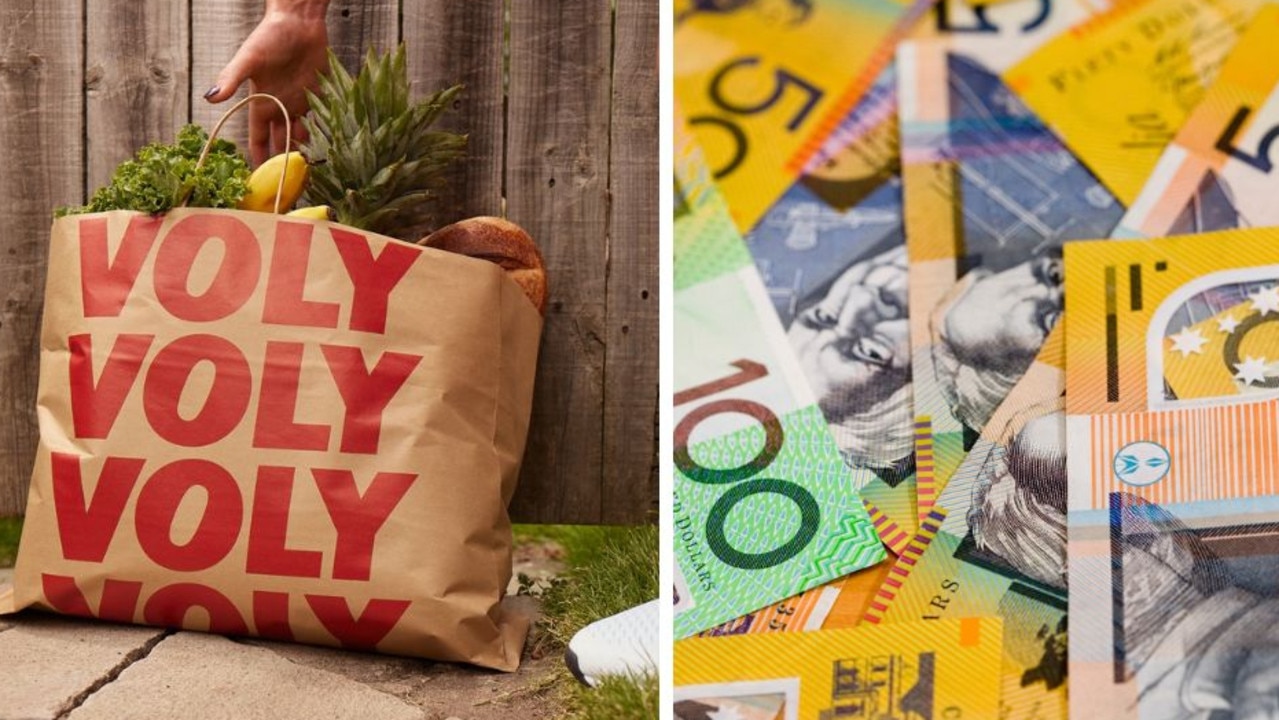
A well-known Aussie instant grocery delivery service that suddenly collapsed had burned through $13 million in just 12 months and may have been trading while insolvent, administrators have revealed.
Voly went under in November last year – just days after customers were abruptly disconnected from the app.
It let go of its 112 employees upon its collapse after creating a service that offered 15 minute grocery delivery to around 80,000 users across Sydney.
Hall Chadwick administrators John Vouris told news.com.au the business was “absolutely smashed” by Covid and it needed money to expand but could not raise the funds.
“There was inadequate cash flow and a high use of cash and trading losses that led to the demise of this company,” he added.
The administrator’s investigation uncovered that almost $18 million was owed to 300 creditors.
“The company terminated all the staff and paid out all the entitlements so there were no staff entitlements owed and we were left with some physical assets being product and alcohol,” Mr Vouris explained.
“We advertised the business for sale and no one was interested in the entire business except for the intellectual property.”
Want to stream your news? Flash lets you stream 25+ news channels in 1 place. New to Flash? Try 1 month free. Offer available for a limited time only >
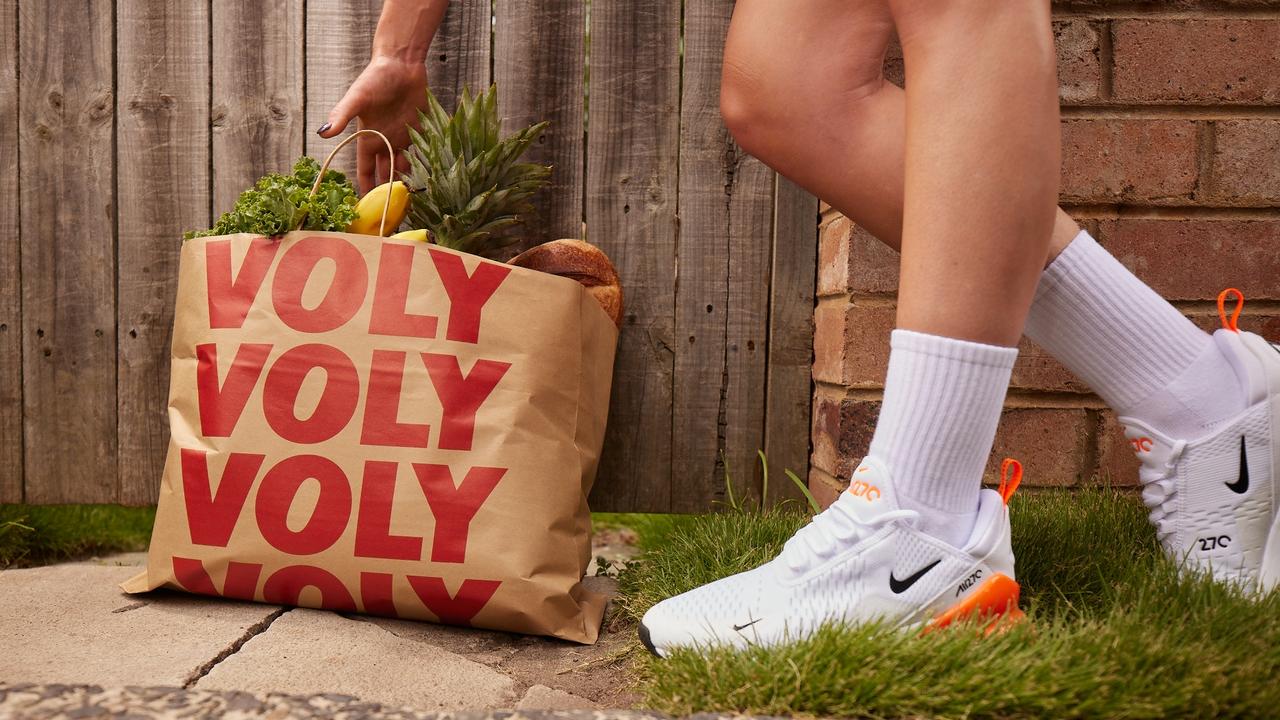
Voly launched in 2021 and raised $18 million from venture capital funds but its founders blamed high inflation and Russia’s invasion of Ukraine for its demise, adding the global economic uncertainty meant the company had to exit the market.
“The sudden changes in macro environment, unstable geopolitics and high inflation have made it extremely difficult to attract new capital despite the support of our current investors,” co-founder Thibault Henry said in a LinkedIn post last year.
Its demise echoed a similar scenario to its competitor Send, which promised to deliver groceries in under 10 minutes, but blamed world factors for the company’s failure in May last year, including the invasion of Ukraine.
An administrator’s report into Send also found it burned through a whopping $11 million in just eight months.
But in a lifeline has been given to Voly creditors, with a deal proposed by the company’s co-founders Mark Heath and Mr Henry accepted, with the start-up’s assets and customer database purchased by subscription butcher service Our Cow.
This means creditors could be paid up to 30c in the dollar, according to Mr Vouris, which would be distributed over a three to six month period.
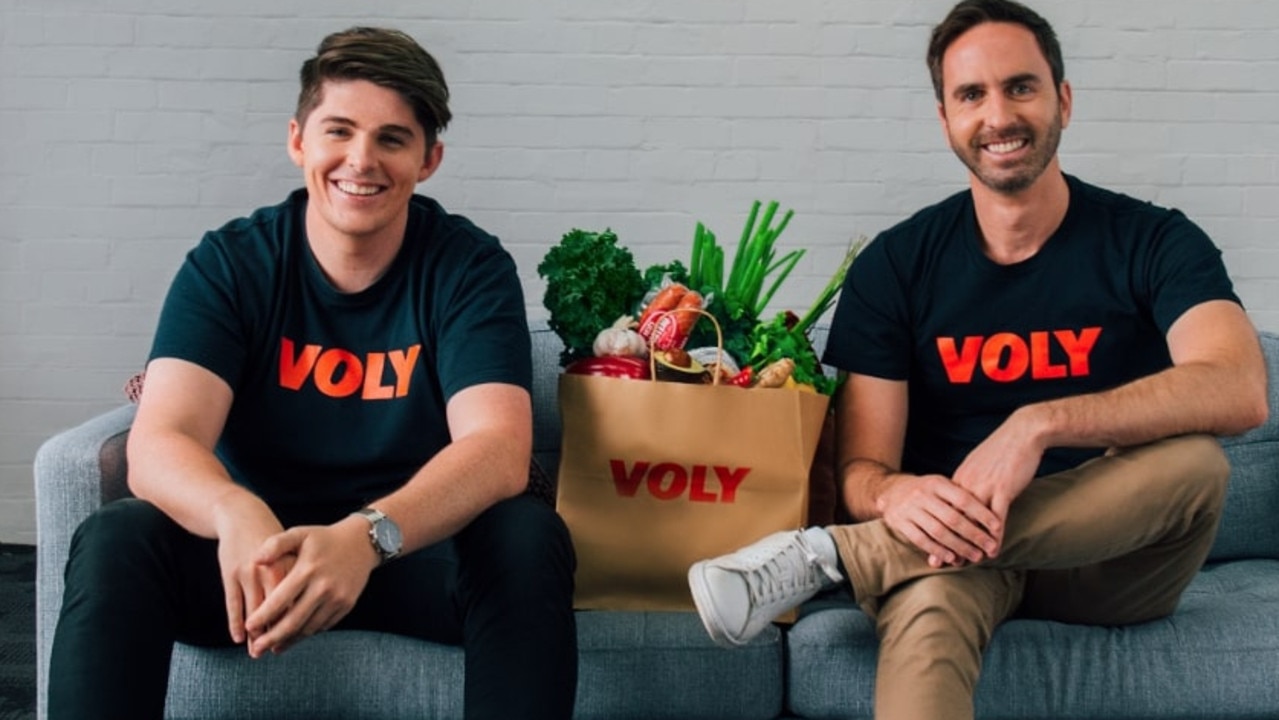
Our Cow, is a business run by farmers Bianca Tarrant and Dave McGiveron, which was created when the farm was almost destroyed by fire in 2019, resulting in the loss of most of their cattle.
The couple had to scramble so they wouldn’t lose everything and created a flexible meat box subscription – which boomed during the pandemic – and now Our Cow boasts more than 50,000 subscribers and sources meat from 150 different farmers.
It employs 40 people and the business has a turnover sitting around $20 million annually.
Our Cow has acquired Voly’s customer database, app and brand assets for an undisclosed sum and saw the buy as a valuable way to expand their city customer base.
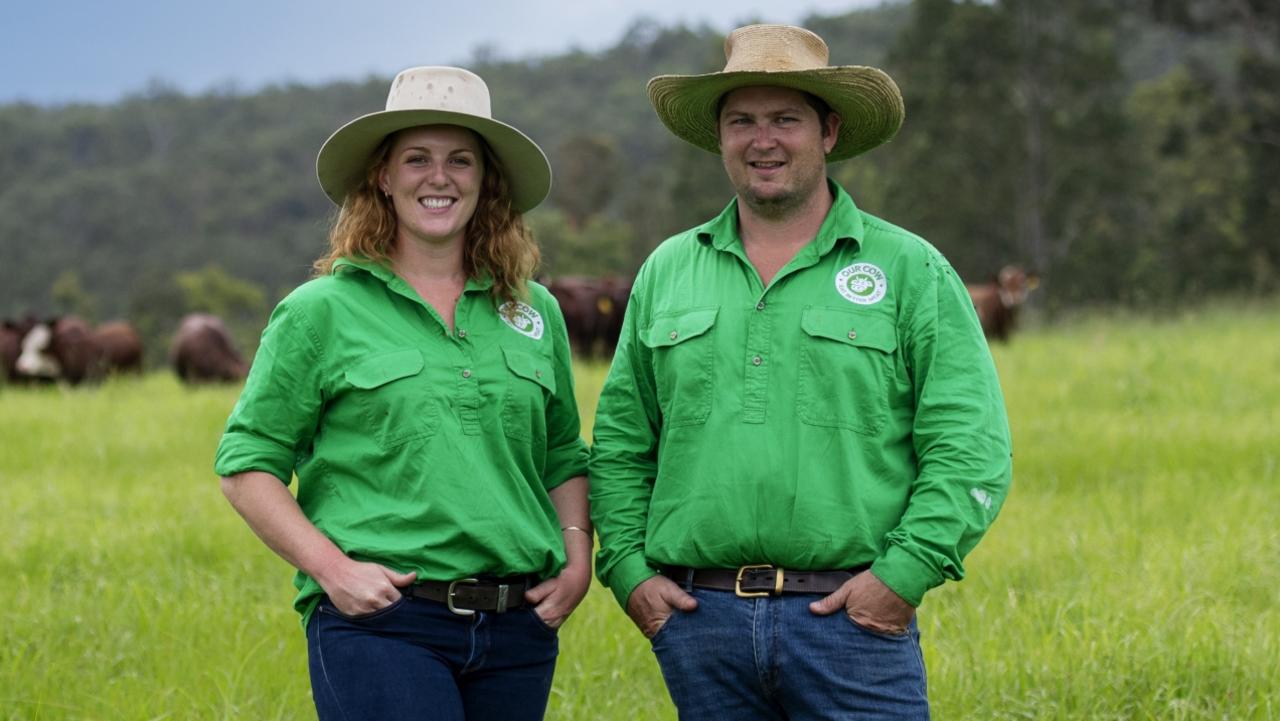
Mr Vouris noted the intellectual property wasn’t sold for the $18 million worth of outstanding debt.
“We wanted to sell the intellectual property for a lot more than what we got for it but we got more than what we would have got at auction,” he added.
However, equipment from Voly’s outlets is also set to go to auction, he said, while the administrators were also pursuing security bonds and pre payments made by the company.
Milkrun is the only grocery delivery app still remaining in the Australian market, although it revealed last year it was losing around $10 per order, while its CEO Young Rich Lister, Dany Milham apologised to customers in an email if they felt “let down” by its service in June.
It ditched its promise of 10 minute deliveries and in December added a next day grocery delivery service to its app as the industry scrambles to add on new revenue streams.
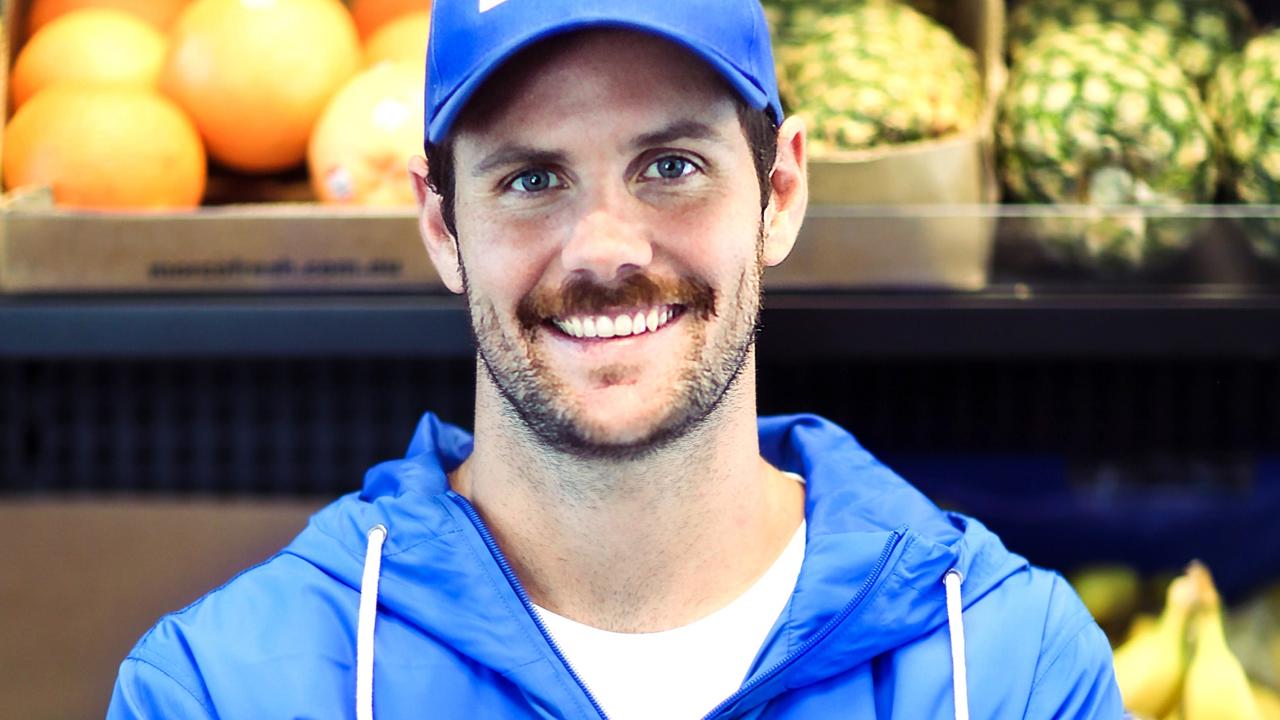
The start-up has been backed by the tech giant founders of Atlassian, billionaires Mike Cannon-Brookes and Scott Farquhar, and Milkrun raised $11 million alone before its launch in September 2021 and another $75 million last year.
Mr Vouris predicted that 2023 will continue to be difficult for businesses across Australia.
“The way interest rates are going and the tax office is getting a lot heavier with business now so all the bets are off, with the honeymoon period of interest rates over, there is going to be a lot of carnage out there,” he said.






